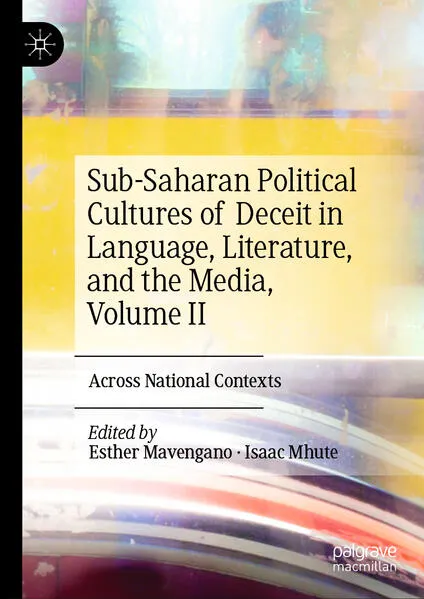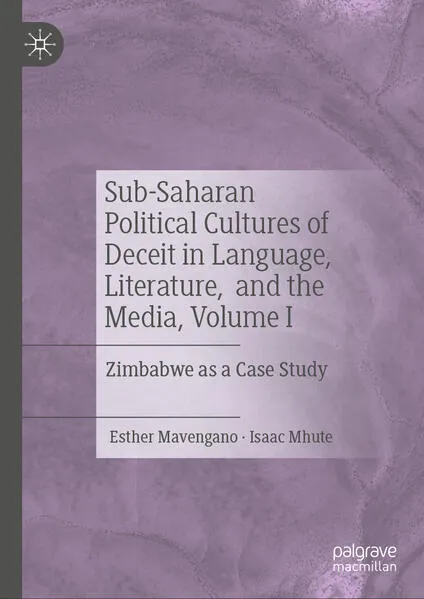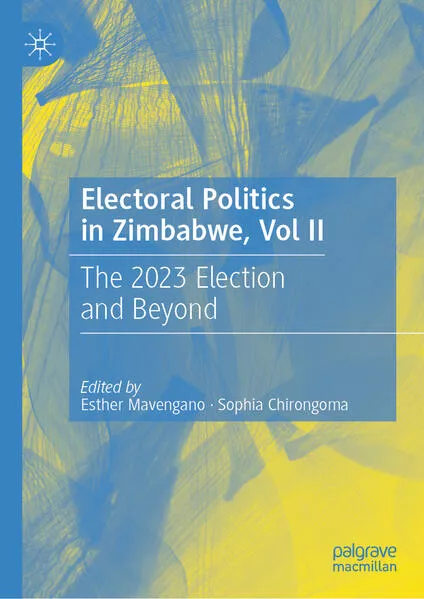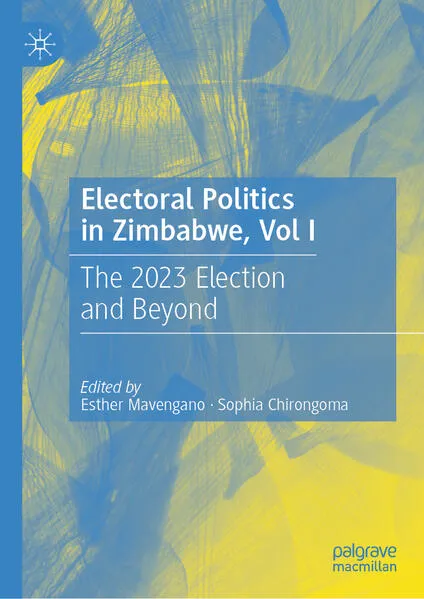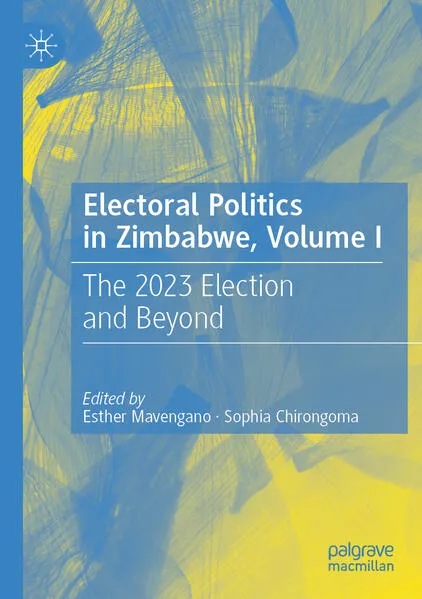
- Publikationen ca: 9
- Fragen & Antworten
Esther Mavengano
- Political cultures of deceit, representation, and resistance in Sub-Saharan politics, Volume I
- Sub-Saharan Political Cultures of Deceit in Language, Literature, and the Media, Volume II
Esther Mavengano is Lecturer in Linguistics and Literature in the Department of English and Media Studies, Faculty of Arts at Great Zimbabwe University in Masvingo, Zimbabwe. She is also Research Fellow at the Research Institute for Theology and Religion, UNISA, South Africa, and Alexander von Humboldt Postdoctoral Research Fellow at the Institute of English and American Studies, Technischen Universität Dresden, Germany.
Sophia Chirongoma is Senior Lecturer in the Religious Studies Department at Midlands State University, Zimbabwe. She is also Academic Associate/Research Fellow at the Research Institute for Theology and Religion (RITR) in the college of Human Sciences, University of South Africa (UNISA). Her research interests and publications focus on the interface between culture, ecology, religion, health, politics, and gender justice.
Sub-Saharan Political Cultures of Deceit in Language, Literature, and the Media, Volume II
This two-volume set charts a cross-disciplinary discursive terrain that proffers rich insights about deceit in contemporary postcolonial Sub-Saharan African politics. In an attempt to produce a nuanced and multifaceted academic dialoguing platform, the two volumes have a particular focus on the aspects of treachery, fear of difference (oppositional politics), and discourses/semiotics of mis/self-representation.
Political cultures of deceit, representation, and resistance in Sub-Saharan politics, Volume I
This two-volume set charts a cross-disciplinary discursive terrain that proffers rich insights about deceit in contemporary postcolonial Sub-Saharan African politics. In an attempt to produce a nuanced and multi-faceted academic dialoguing platform, the two volumes have a particular focus on the aspects of treachery, fear of difference (oppositional politics), and discourses/ semiotics of mis/self- representation.
Sub-Saharan Political Cultures of Deceit in Language, Literature, and the Media, Volume II
This two-volume set charts a cross-disciplinary discursive terrain that proffers rich insights about deceit in contemporary postcolonial Sub-Saharan African politics. In an attempt to produce a nuanced and multifaceted academic dialoguing platform, the two volumes have a particular focus on the aspects of treachery, fear of difference (oppositional politics), and discourses/semiotics of mis/self-representation.
Political cultures of deceit, representation, and resistance in Sub-Saharan politics, Volume I
This two-volume set charts a cross-disciplinary discursive terrain that proffers rich insights about deceit in contemporary postcolonial Sub-Saharan African politics. In an attempt to produce a nuanced and multi-faceted academic dialoguing platform, the two volumes have a particular focus on the aspects of treachery, fear of difference (oppositional politics), and discourses/ semiotics of mis/self- representation.
Electoral Politics in Zimbabwe, Vol II
Volume two of Electoral Politics in Zimbabwe: The 2023 Election and Beyond argues that research into Zimbabwe’s politics is multifaceted and topical, particularly because for more than two decades now, this Southern African state has been dogged by multiple problems including hyperinflation, drought, escalating poverty levels, extremely high unemployment rates and political instabilities.
Electoral Politics in Zimbabwe, Vol II
Volume two of Electoral Politics in Zimbabwe: The 2023 Election and Beyond argues that research into Zimbabwe’s politics is multifaceted and topical, particularly because for more than two decades now, this Southern African state has been dogged by multiple problems including hyperinflation, drought, escalating poverty levels, extremely high unemployment rates and political instabilities.
Electoral Politics in Zimbabwe, Vol I
Volume one of Electoral Politics in Zimbabwe pays special attention to the overarching view that the 2023 harmonized elections define the fate of the major presidential contenders and their parties as well as (re) shaping the political and economic trajectories of the nation.
Electoral Politics in Zimbabwe, Vol I
Volume one of Electoral Politics in Zimbabwe pays special attention to the overarching view that the 2023 harmonized elections define the fate of the major presidential contenders and their parties as well as (re) shaping the political and economic trajectories of the nation.
Electoral Politics in Zimbabwe, Volume I
Volume one of Electoral Politics in Zimbabwe pays special attention to the overarching view that the 2023 harmonized elections define the fate of the major presidential contenders and their parties as well as (re) shaping the political and economic trajectories of the nation.
